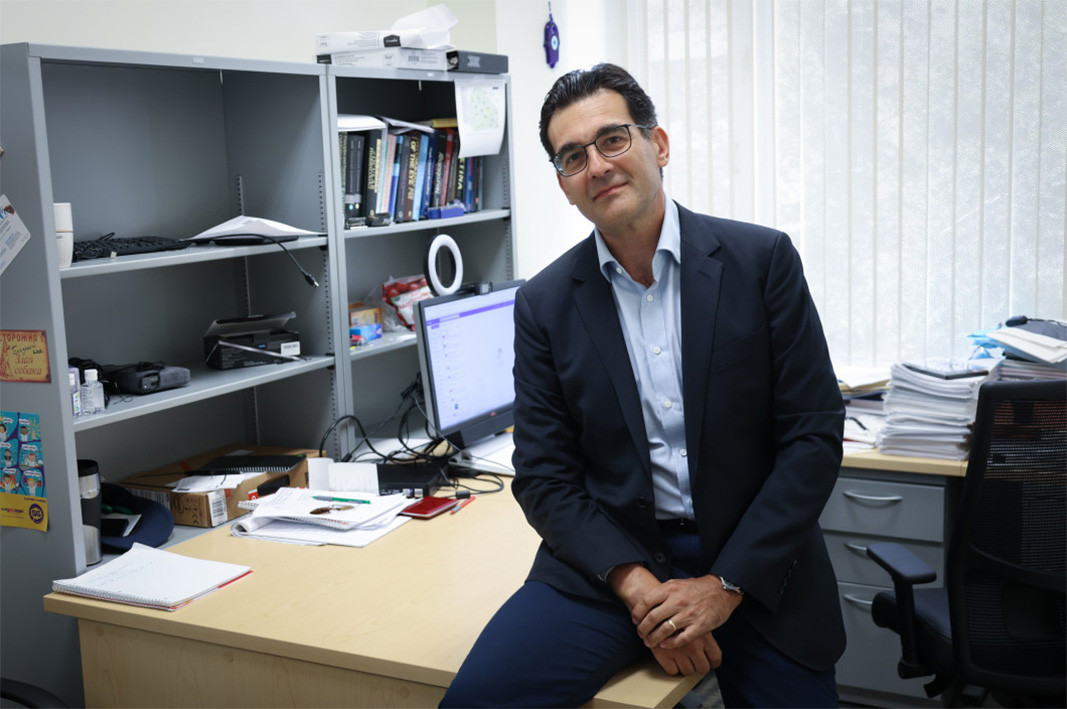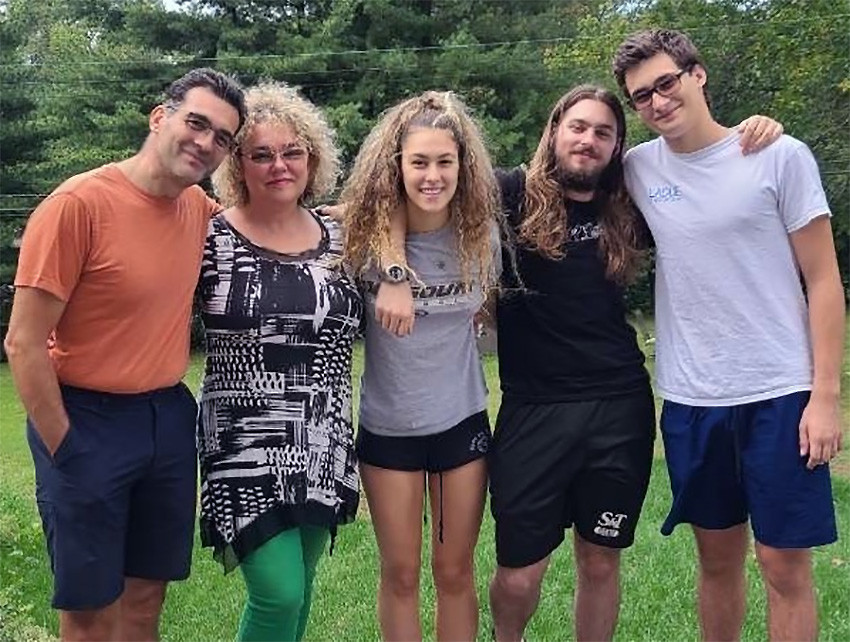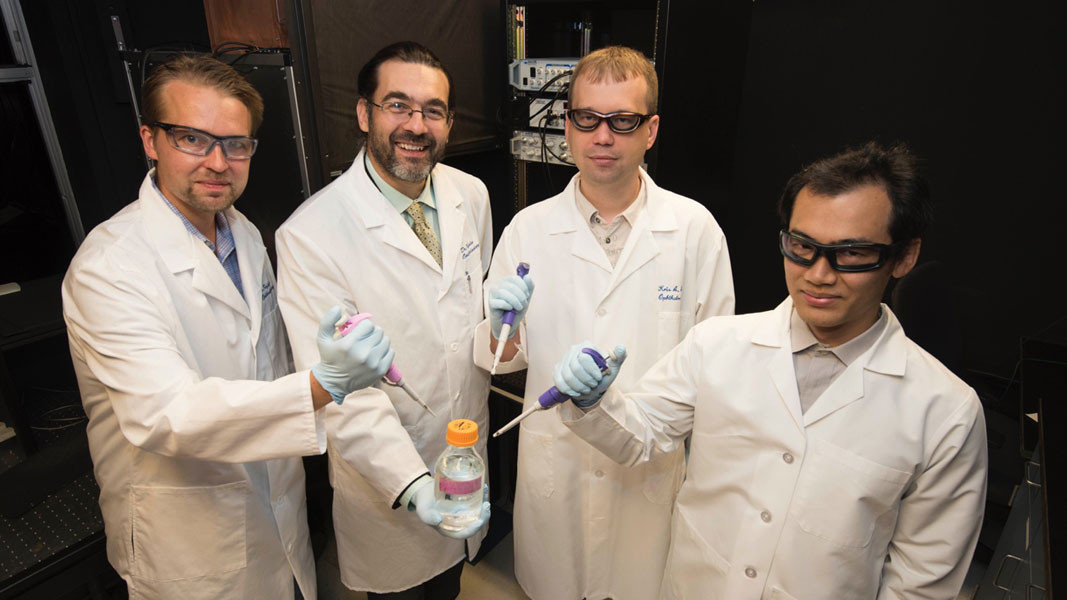



American Rory Miller has been living in Bulgaria for over 15 years. Initially, he was involved in craft beer production. A few years ago, Rory participated in a popular cooking reality show. He has been mastering the subtleties of traditional..
Her heart was moved by the plight of little souls who had been wronged by fate, and this motivated her to undertake a journey to the other side of the globe. Dr. Elena Shtarbanova, a specialist in anesthesiology at the "Sveta Ekaterina" Hospital in Sofia,..
At first, when he first arrived in Bulgaria, Alexander Acosta Osorio felt isolated and a little confused because of the language barrier and the cultural clash. "At that time, there wasn't such a large foreign community here, and I was probably the..
American Rory Miller has been living in Bulgaria for over 15 years. Initially, he was involved in craft beer production. A few years ago, Rory..

+359 2 9336 661
